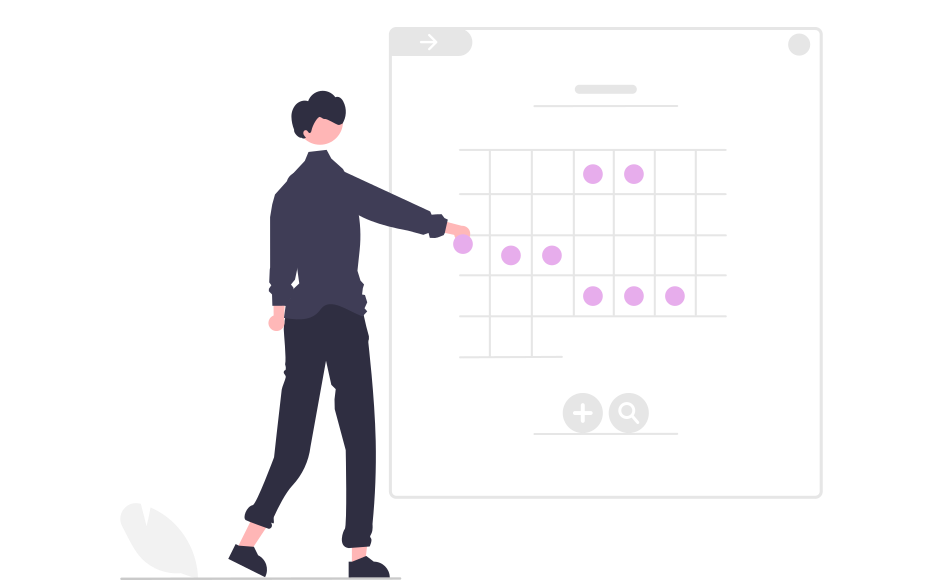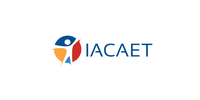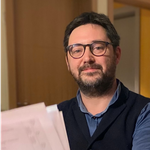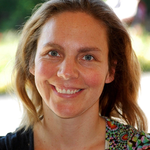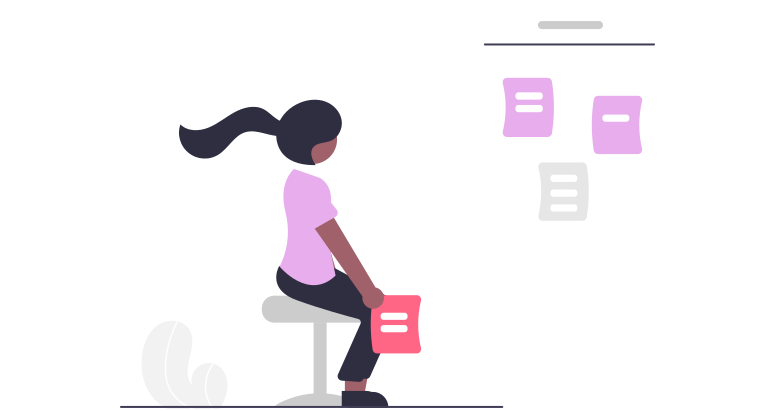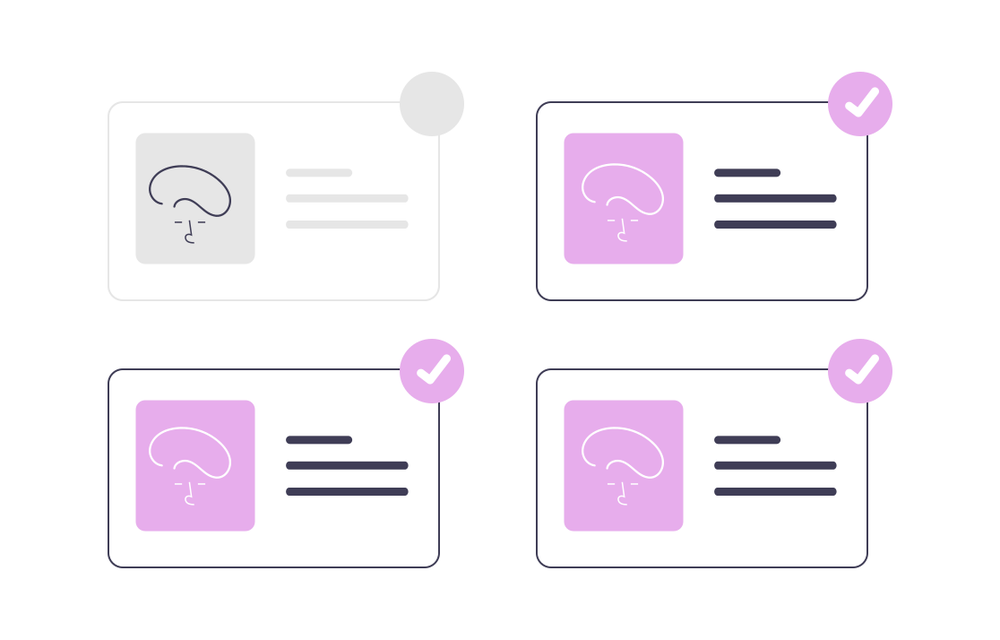We are born into the movement of life as movers- nurturing movements!
As much as we like to use the word self-care, practice shows us that there is a big gap between 'knowing that self-care is important' and 'caring for ourselves'. The main obstacles to self-care have been identified as the attachment to unhealthy behavior, lack of motivation to change, difficulty of maintaining a healthy lifestyle especially when we are living in an polluted environment, inability to respond effectively to symptoms and life events- such as stress, mood and distractions. These obstacles interact with illness to interfere with healthy behavior (Riegel, 2019). These findings indicate that self-care needs a person-centered approach and can be multi-layered. Researchers who have studied self-care strategies in people with chronic pain ask for a holistic and biopsychosocial approach that allows for mind-body therapies (Delgado et al., 2014). Mind-body therapies consist of a large group of healing techniques that improve the interactions of the mind with bodily functions. These interventions have a stress-regulating effect and improve general health and well-being. Referring to art therapies and especially dance and movement therapy, there is growing evidence that dance and movement therapy improves quality of life, makes us feel good, improves mood, body image, affect and reduces anxiety and depression symptoms (Koch et al., 2014 ). Dance movement is proven to be an effective and useful treatment method that will also promote self-care.
For the self-care series, our intention is to build on the work of the first speaker in this series, Patricia Bardi. An approach that uses the breath and an approach that, in addition to the breath, fluoresces another aspect of the nature of our humanity: movement. We have challenged ourselves to present techniques that are accessible and easy to apply. These techniques should stimulate grounding, promote body awareness, reduce stress and should have a direct felt experienced effect. We have found our inspiration in a dance therapeutic approach that respects the psycho-somatic core of humans: the Bartenieff Fundamentals.
As a seated zoom participant, this workshop takes you through 6 small and effective movement sequences that you can perform while sitting in a chair, and even while 'pretending' to be working hard behind your screen. The guidance and presentation will be provided for you by Stephanie de Bruijckere (Director AgapeBelgium Academy, DMT, CMA, trainer Laban Bartenieff Movement System).
